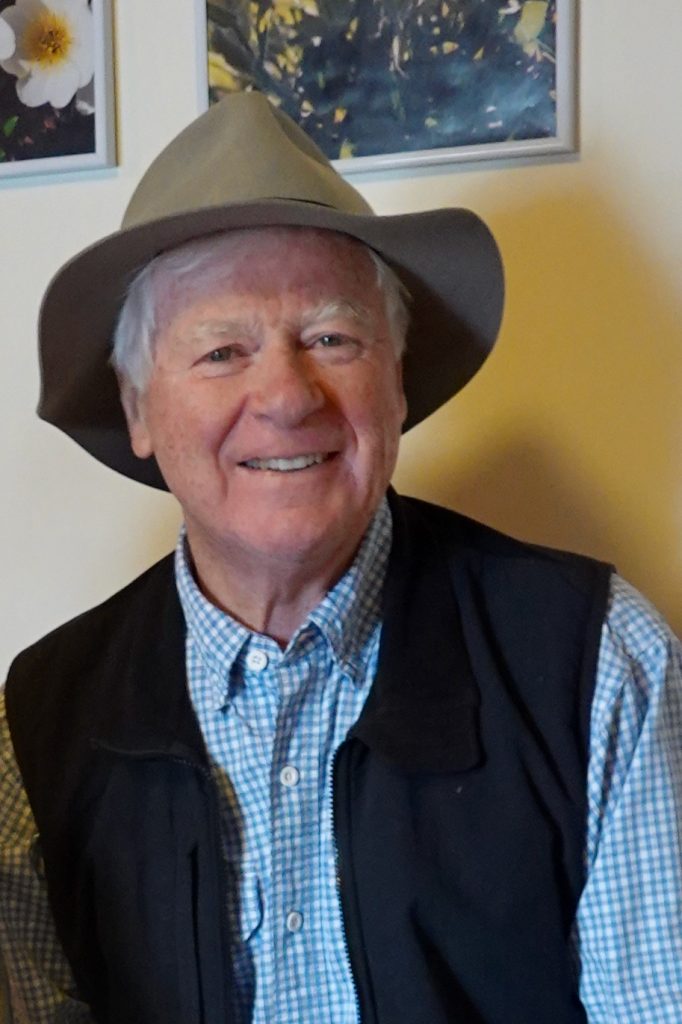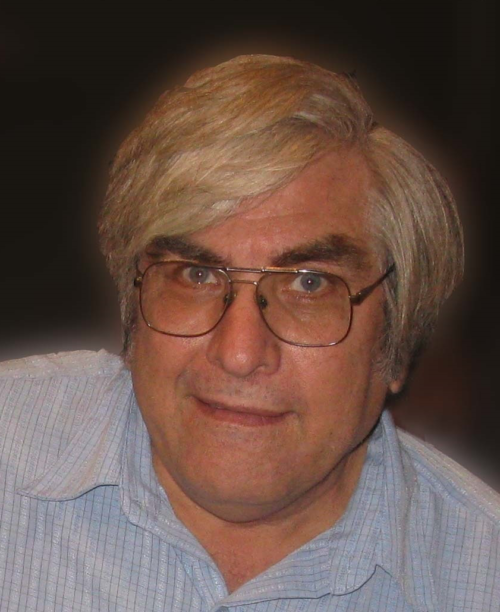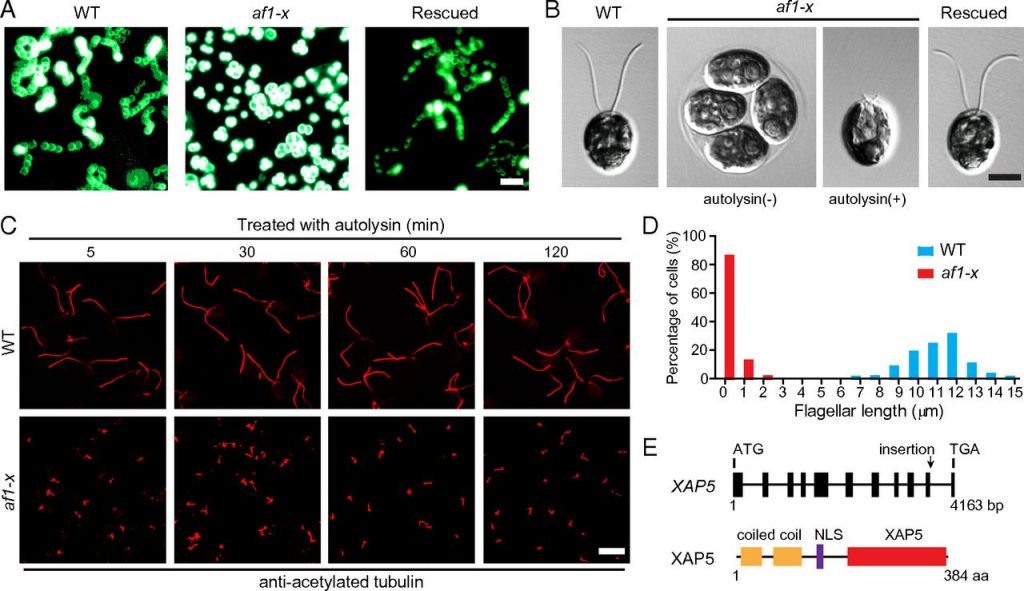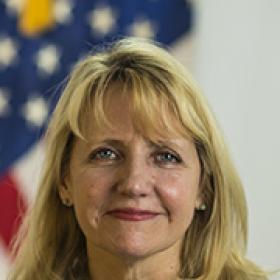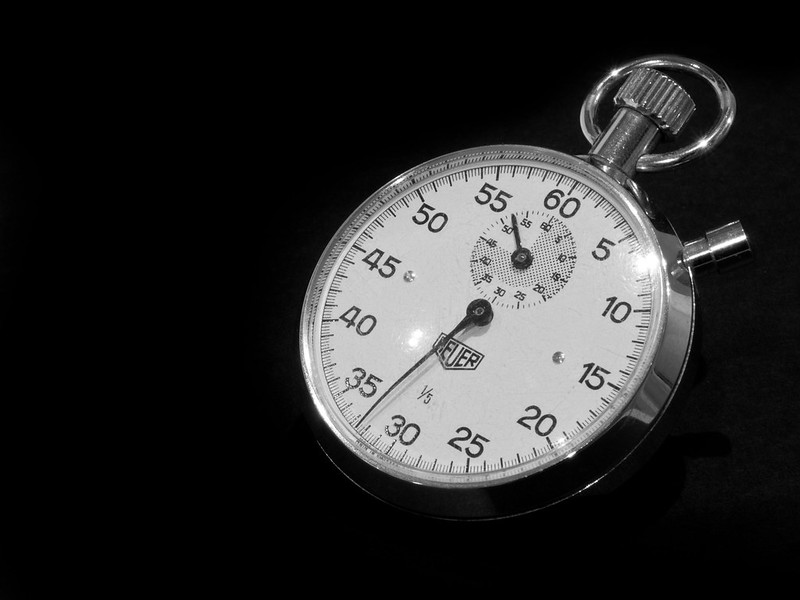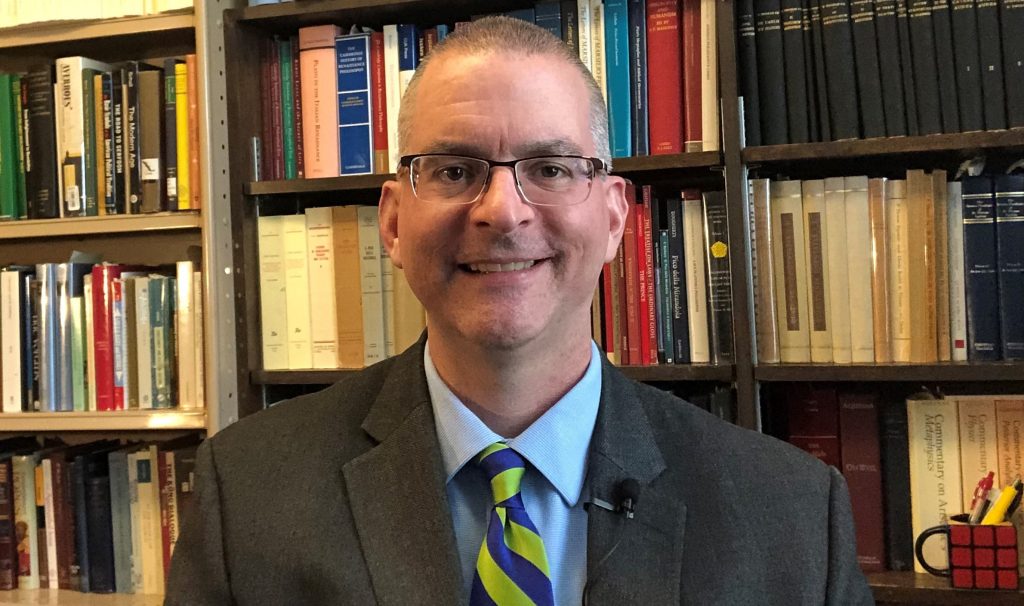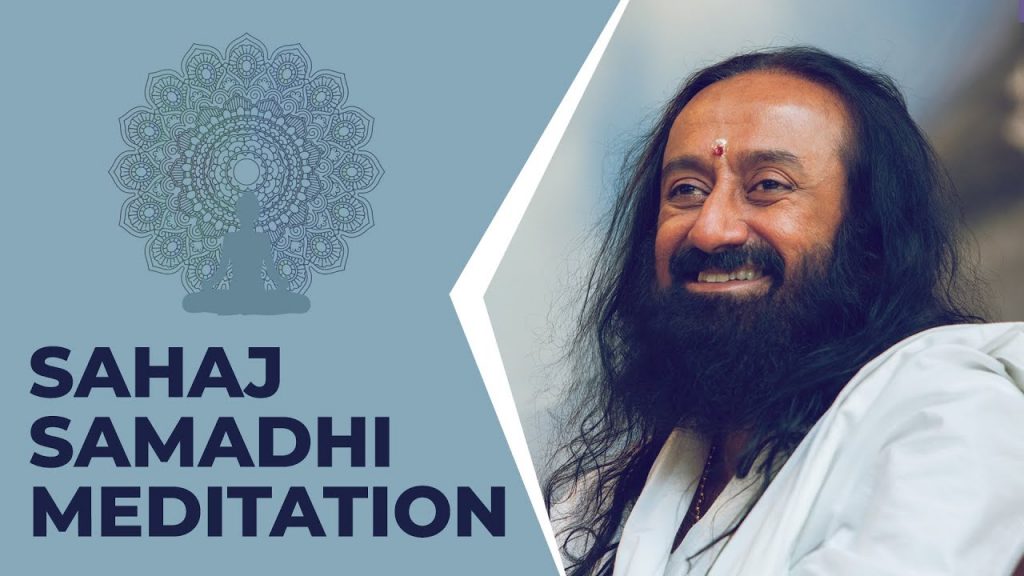We’re pleased to present an excerpt from chapter 10, “The Replication Crisis,” of Augustine Brannigan’s The Use and Misuse of the Experimental Method in Social Psychology (Routledge 2021), with permission from the publisher.
Contemporary social psychology has been seized over the past years by a loss of credibility and self-confidence associated with scientific fraud and unsuccessful attempts to replicate the modern corpus of knowledge. The most notorious case was that of Dietrick Stapel. Fifty-eight papers published over a decade and a half were retracted due to fraud and suspicious research practices.
One of the most poignant questions raised by the review committees in three universities where he worked was how it was possible for such dubious scientific practices to escape the notice of all the academic reviewers in the high-profile journals, the funding agencies and at the scientific conferences. Many statistical anomalies were identified readily by statisticians who assisted in the review of Stapel’s papers. The committees were forced to conclude that “there is a general culture of careless, selective and uncritical handling of research and data. The observed flaws were not minor ‘normal’ imperfections in statistical processing, or experimental design and execution, but violations of fundamental rules of proper scientific research.” The culture contributed to the absence of skepticism about Stapel’s extraordinary findings.
Continue reading Social psychology in the age of retraction